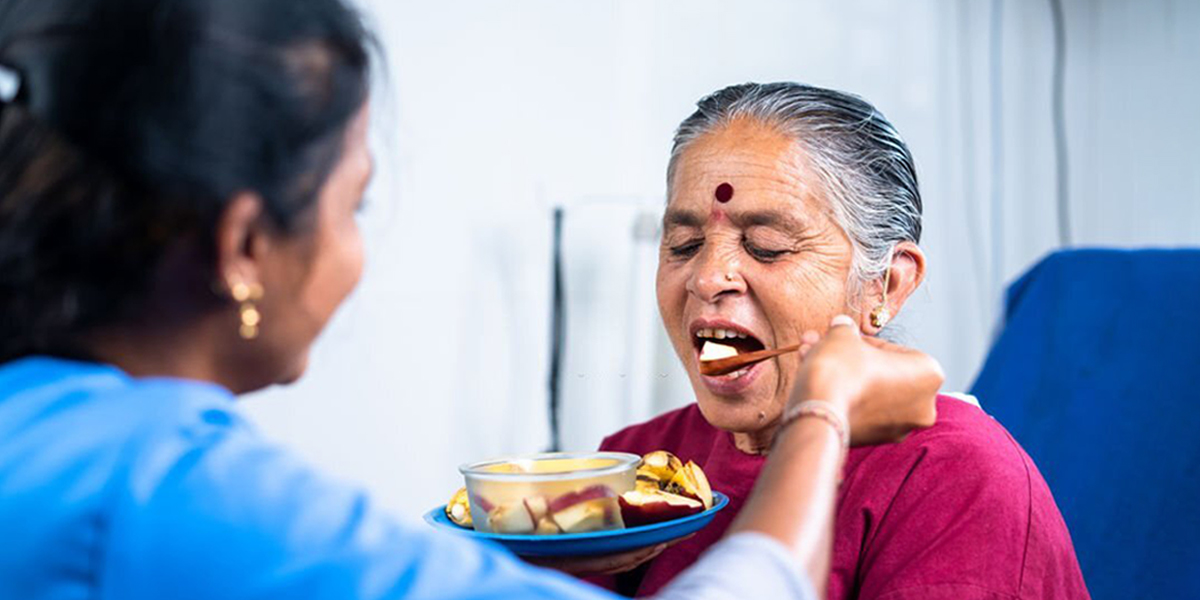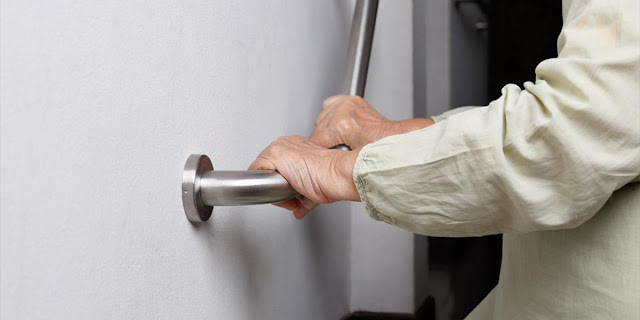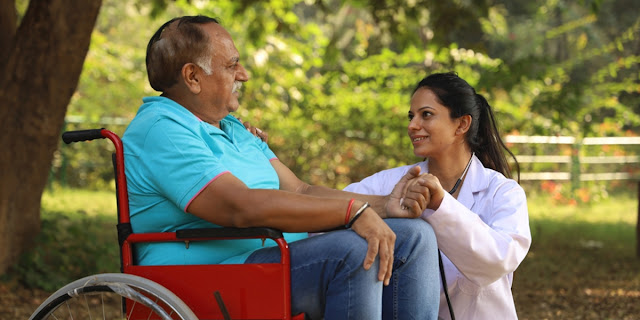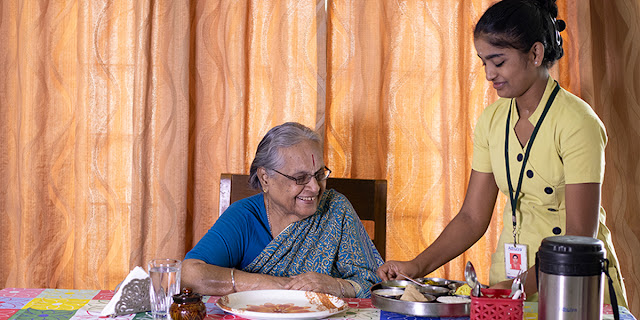Managing Pain After Surgery: Safe and Effective Strategies for Seniors

As we age, our bodies naturally go through changes that can sometimes lead to the need for surgical procedures. Seniors often require surgery to address common health issues like joint replacements, heart conditions, or digestive system problems. These surgeries maintain a Good quality of life and ensure that individuals can live healthily and enjoy daily activities with better comfort and relief. Certain health conditions, such as severe arthritis, heart disease, or digestive system concerns like hernias, may require immediate surgical attention to prevent complications and enhance overall well-being. Remember to focus on the procedure and follow it to ensure a smooth recovery when surgery becomes necessary. After surgery, managing pain becomes crucial to the healing process, especially for seniors. Pain management involves using safe and effective strategies to minimize discomfort, allowing the body to heal. Seniors regain mobility and maintain their independence and routines q...






